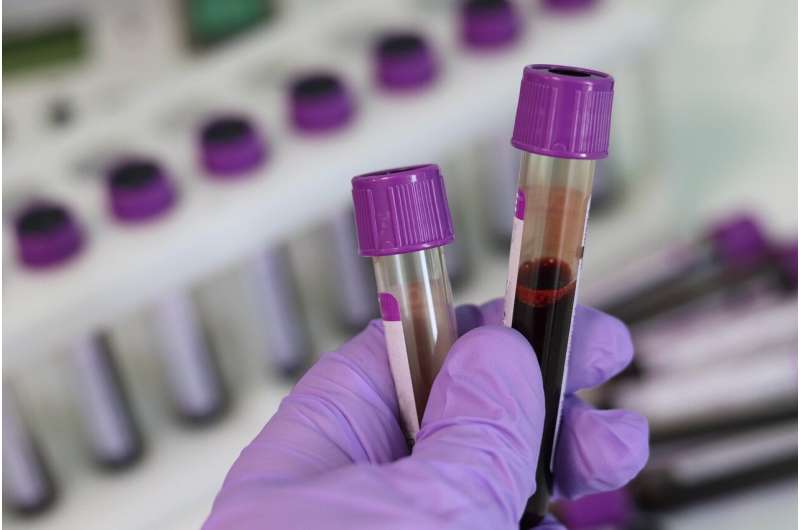Innovative Blood Test Accelerates Diagnosis of Thousands of Rare Genetic Disorders

A new innovative blood test offers rapid and minimally invasive diagnosis for thousands of rare genetic diseases, promising faster treatment and better outcomes for patients worldwide.
A groundbreaking blood-based testing approach is poised to revolutionize the diagnosis process for rare genetic diseases, particularly in infants and children. Presented at the European Society of Human Genetics annual conference, this new method enables rapid and minimally invasive detection of thousands of genetic conditions, significantly reducing diagnostic times and uncertainty for affected families.
Although rare genetic disorders are individually uncommon, collectively, they impact over 300 million people worldwide through more than 7,000 identified diseases caused by mutations in over 5,000 genes. Traditional diagnostic methods are often slow, targeted, and sometimes insensitive, leading to years or even decades of inconclusive testing, invasive procedures, and emotional distress.
Dr. Daniella Hock from the University of Melbourne introduced her team’s innovative technique that analyzes a broad spectrum of proteins present in blood. Unlike conventional genetic tests that sequence DNA, this proteomic approach examines the proteins produced by genes, offering insights into how genetic variations influence disease development. The test can identify multiple potential diseases at once and even uncover new syndromes by providing evidence of genetic mutation effects.
The procedure is quick, requiring only 1 milliliter of blood from infants, with results available within three days—particularly advantageous in acute care scenarios. When combined with parental blood samples, the test, called trio analysis, helps differentiate carriers from affected individuals, facilitating precise diagnosis.
A confirmed diagnosis allows earlier intervention, personalized treatment plans, and a better prognosis. For families, it opens avenues for reproductive options, including prenatal or preimplantation genetic testing to prevent future cases. For healthcare systems, replacing multiple targeted tests with this comprehensive analysis can lower overall costs while promoting timely and accurate diagnosis.
The research highlights that the assay can detect over 8,000 proteins related to numerous Mendelian and mitochondrial diseases, offering remarkable diagnostic scope. The team envisions integrating this test into routine clinical diagnostics for rare and other genetic diseases, transforming the current diagnostic landscape.
Dr. Hock emphasizes the impact on families and health systems: "The minimal blood requirement and rapid results are a game-changer. Using familial tissues for trio analysis enhances accuracy, and we anticipate significant benefits in diagnosis efficiency and patient care."
Professor Alexandre Reymond, chair of the conference, also notes that non-invasive, broad-spectrum approaches like this will accelerate diagnosis and solve previously unresolved cases, ultimately benefiting families worldwide.
[Source: https://medicalxpress.com/news/2025-05-blood-enables-rapid-diagnosis-thousands.html]
Stay Updated with Mia's Feed
Get the latest health & wellness insights delivered straight to your inbox.
Related Articles
Understanding How Myelin Damage in the Brain Can Trigger Seizures in Multiple Sclerosis
Recent research links demyelination in multiple sclerosis to increased seizure activity, highlighting potential targeted treatments to address this neurological complication.
The Dynamic Nature of a Cancer Patient’s Sense of Agency and Its Impact on Illness Perception
A groundbreaking study reveals that a cancer patient's sense of agency is fluid, influenced by treatment, emotions, and societal crises, shaping their perception of the illness and coping strategies.
Living in Hurricane-Flooded Areas Increases Mortality Risk Among Older Adults by 9%
Living in hurricane-affected flood zones increases the long-term mortality risk for older adults, with a 9% higher risk observed up to five years post-disaster. Research highlights the importance of regional disaster preparedness and long-term health interventions for vulnerable seniors.



